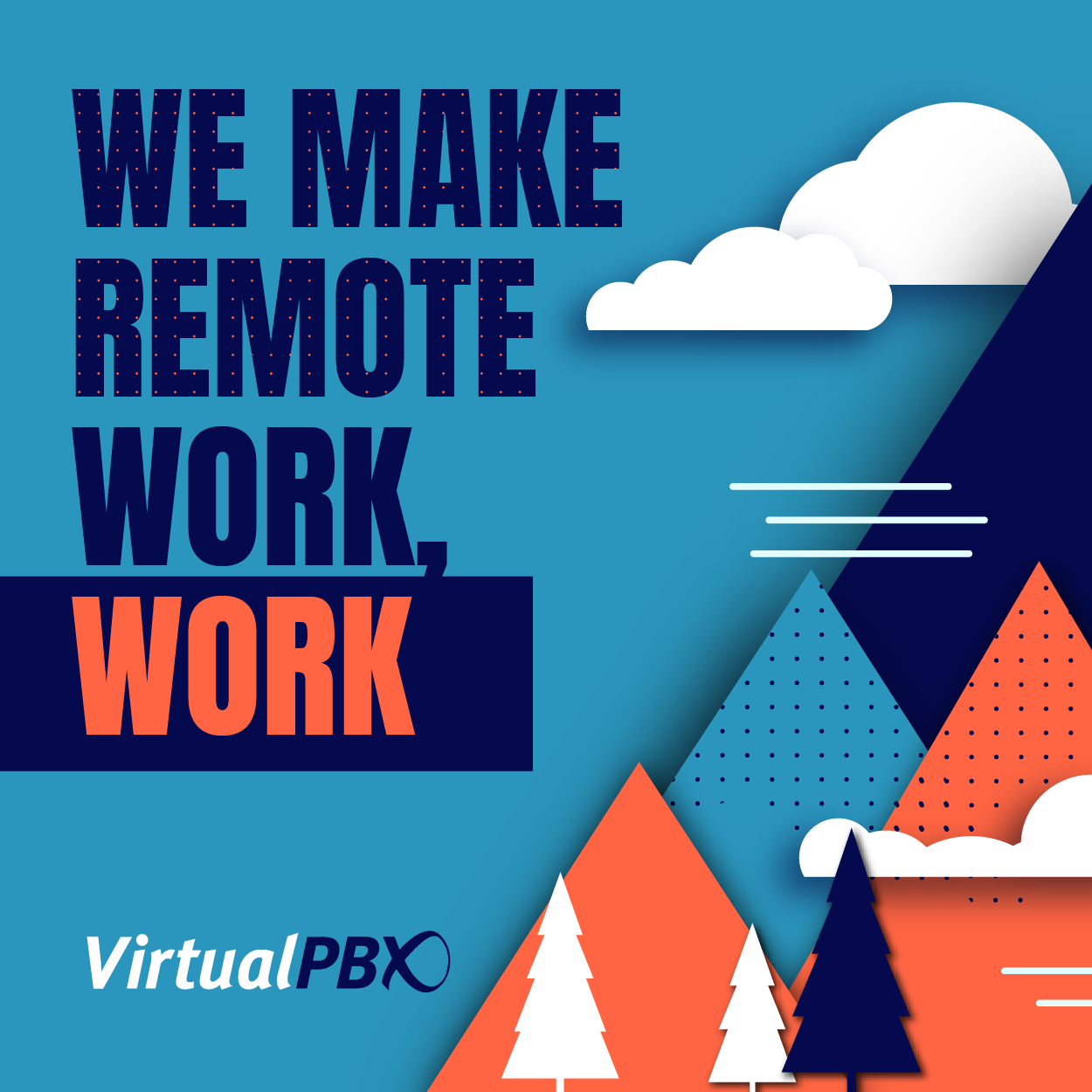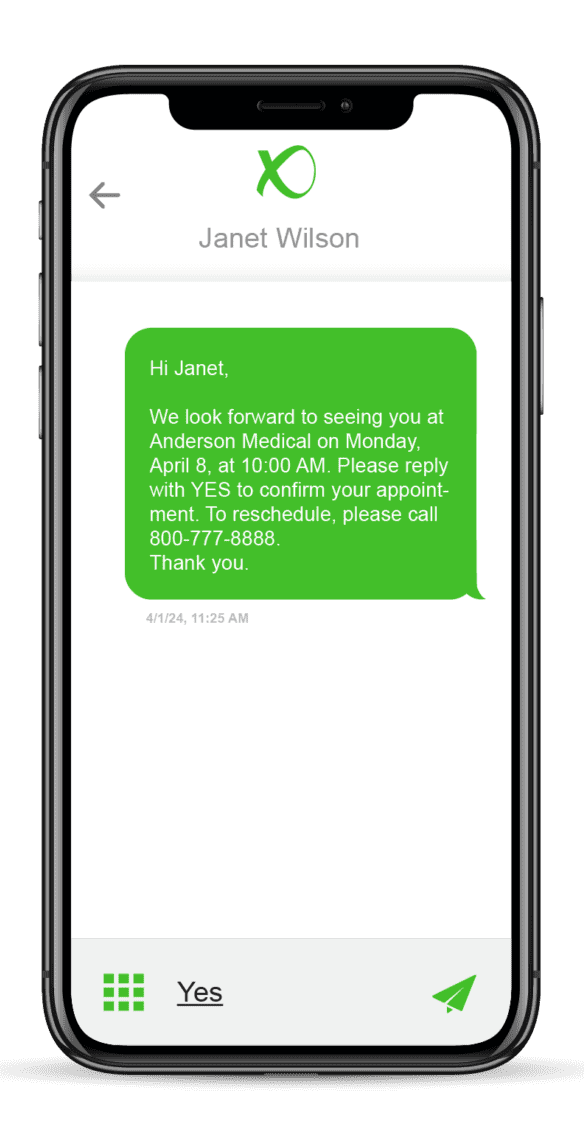 When weighing the merits of a landline phone service versus VoIP (voice over internet protocol), there are a lot of variables to consider. With the exception of both systems being the basic method by which people can place and receive phone calls, these options couldn’t be more different.
When weighing the merits of a landline phone service versus VoIP (voice over internet protocol), there are a lot of variables to consider. With the exception of both systems being the basic method by which people can place and receive phone calls, these options couldn’t be more different.
We’ve outlined the differences between landline versus VoIP phone services in the following sections of this article, touching on the needs of businesses as those needs fit into either system of calling.
An even more in-depth look at the technology behind VoIP can be found in our What is VoIP? guide to hosted phone service terminology.
VoIP vs Landline: How They Work
The landline telephones that everyone has relied on for decades are built on networks of copper wires, switches, and branch exchanges. Basically, think of the PSTN (Public Switched Telephone Network) in a similar way to the Eisenhower Interstate System. There are millions of miles of physical pathways, some larger than others, with complex interchanges that cost a great deal of money to install, are disruptive and difficult to make changes to, and that are also generally too expensive to manage by anything other than the largest or organizations.
Conversely, although VoIP operates by the same theoretical principles behind facilitating conversations through a network of connections, but it separates itself primarily from landlines through use of the internet.
Even the name, VoIP, is a delivery of a promise that communications over this method will be inline with the expectations that one would have with any cloud-based system. You can read more into a complete explanation of the smaller details behind the inner workings of both landline and VoIP telephone PBXs (Private Branch Exchanges), but recognizing the physical and cloud-based differences is all that’s needed for the general weighing of options between VoIP vs landline service.
Features and Scalability
Features, functionality, and scalability are often the gating items for businesses when it comes down to choosing a phone service.
Considering that many, but not all, of these can be accomplished with both landlines and VoIP phones, it’s important to know if there are things that can or cannot be done by each option. Also, some businesses will have needs specific to their industry that will require the inclusion of certain features as well. For example, a law firm may need to ensure that their service comes with inbound call recording. A medical office may need to send and receive digital faxes. These are the types of features that a company needs to know about before they begin their considerations over price.
Features and scalability are two areas where VoIP has a distinct advantage over landline phones. Because the telephone service of a VoIP service plan is based in the cloud, there is no hardware to install or manipulate in order to make changes to the system. If you want to add or remove telephone numbers, extensions, create groups or departmental ACD queues Pro, or just simply manage numbers for automatically forwarding calls when you’re not at your desk or even make basic hours of operations automation, anything like this would require the work of an on-site technician for a landline phone system. Conversely, all of these advanced business telephone features and many more are easily managed from the palm of one’s hand on a VoIP phone plan. Because VoIP is all operated off of hosted software that is managed and maintained by the engineers behind the company that provides the service, all the end user needs to do is access whatever online portal they are provided to make any of these types of changes.
Costs
Despite the clear advantage that presents itself after comparing landline phone service to VoIP insofar as their respective features are concerned, that’s just the tip of the iceberg. Pricing through growth is an area where landline phones will never be able to compete on a level playing field against hosted business phone services.
As soon as a company begins to look at current pricing for advanced hosted business telephone systems, it’s quickly evident that VoIP phone plans just tend to cost less. Up-front costs for VoIP are virtually nonexistent because there is no hardware to buy or install. Plus, engineers at secured server locations handle all of the relevant VoIP software maintenance.
Building a landline phone operation for business can be relatively easy for unsophisticated systems. However, as soon as the company needs to have extensions or departmental queues of any of the features above, the cost skyrockets. That’s because all of those functions are impossible without a telephone company engineer installing complex, bulky, and very expensive switching equipment and hardware on-site. Not only does that come at a high cost at the onset of the service, but then even the most basic management of that system (say you want to add or remove employees, for example) requires more service calls by the telephone company. The costs of paying for these visits adds up quickly, but even more costly is the time value of money in that is lost each time a business needs to wait for a third party to conduct relatively simple changes.
VoIP system management happens as quickly as an admin makes the respective changes from his or her online portal. These disparities only become more pronounced with every new feature and function that is added to the system, thus making choosing a business phone system on price alone a clear-cut victory for VoIP phone plans.
Updating and Obsolescence
The final area to consider when weighing the benefits of a landline phone system versus VoIP for a business phone is less clear cut than the simple costs of one over the other. Nobody can say what communications technology will look like in the coming years, but there are some trends that provide a good indication. Unified communications is definitely one such trend by which more businesses are integrating their total communications technology array into a single platform. Advanced VoIP phone systems are beginning to integrate everything from Salesforce CRM software to digital faxes in a move to accomplish just that. Additionally, the most developed VoIP platforms also are leveraging Webhooks from Zapier to integrate even proprietary and internal systems that cover systems like inventory management and order fulfillment. While many of the initial features businesses use on their phone systems that were discussed above are actual possibilities on both landline and hosted versions, these types of integrations are exclusive to VoIP platforms. Choosing the right business telephone system based on a desire for future-proofing it against becoming obsolete makes VoIP a more attractive option.
VoIP vs Landline: The Verdict
In the comparison between VoIP vs landlines, there are clearly differences that will sway companies one way or another.
Ultimately, it’s important to remember that voice service, no matter how it’s received, is essential for businesses because there is no replacement for being able to have voice connections with customers and partners. And while this comparison of the two platforms covers many meaningful contrasts between the two, the choice of which platform is right is an individual one best made by and employees using it. For more information on VoIP, and for an opportunity to try VoIP for free, you can contact VirtualPBX 24 hours a day.







